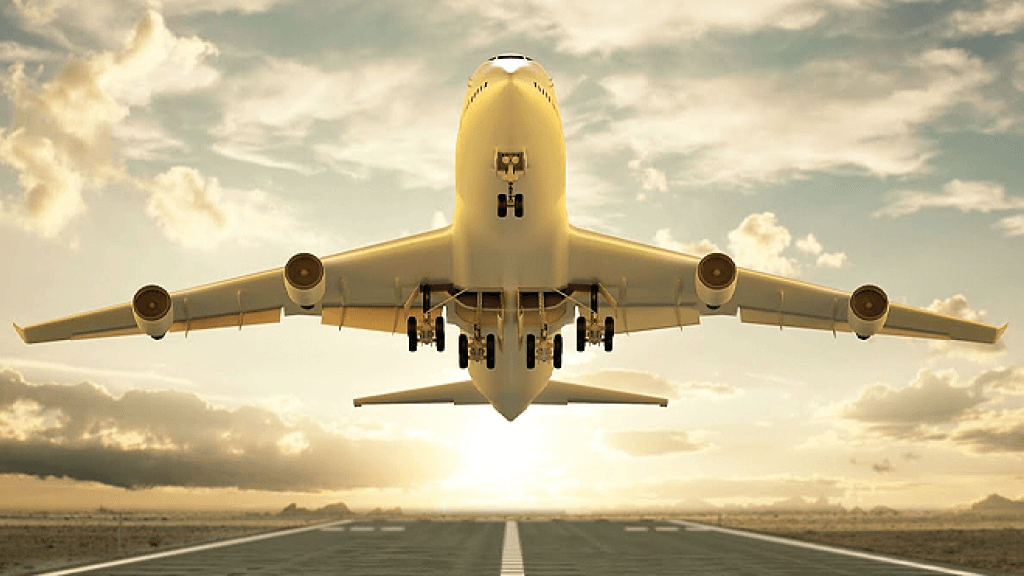The International Air Transport Association has urged governments to work with industry on confidence-building measures to help demand recover from air travel
“Passenger confidence will take a double hit even after the pandemic is contained, given the impact of the impending recession on their financial situation coupled with continued concern about travel safety. Governments and industry must act quickly and in a coordinated way to find solutions that foster confidence, “said Alexandre de Juniac, CEO of IATA.
An IATA survey of recent travelers indicates that:
• 60% will wait one to two months to travel after the containment of the COVID-19 pandemic, compared to 40% who could wait up to six months or even longer.
• 69% could delay travel until their financial situation stabilizes. The prudence shown by respondents to travel again is already observed in the national markets of China and Australia, where new rates of coronavirus infection are bordering on very low levels:
China: Domestic demand has begun to recover after the single-digit reduction – with a rapid decline towards zero levels – of the rate of new COVID-19 infections (taking as reference the average value of the growth rate of new COVID-19 infections in seven days). Despite the early rebound from mid-February to the first week of March, the number of domestic flights stabilized at just over 40% from pre-COVID-19 levels. With low load factors, real demand is expected to be significantly weaker. China represents around 24% of the domestic market.
Australia: Domestic demand has followed a negative trend even after the rate of new infections dropped to single-digit levels, which has brought forward the revival of the Chinese domestic market. In fact, there are still no signs of recovery (total domestic flights represent 10% of pre-COVID-19 levels), even as new infection levels approach zero. The domestic travel sector in Australia achieves a market share of 3%. The behavior of the domestic market is a critical indicator. Domestic travel is expected to lead the recovery of air travel after the pandemic, followed by regional travel and, finally, intercontinental travel, as governments gradually remove restrictions.
“In some economies, governments are considering lifting the most severe restrictions on social distancing following the slowdown in the spread of COVID-19 in these countries. However, an immediate rebound in the drop so rapid that passenger demand has experienced seems unlikely. People still want to travel. But they tell us that they want clear information about the economic situation and that they are likely to wait a few months after the “free way” before returning to heaven. As countries lift restrictions, confidence-building measures will be critical to restart travel and stimulate economies, ”said De Juniac.
This week, IATA is holding regional summits with governments and industry partners to begin planning for the restart of the air transport industry. “The passenger business was unilaterally interrupted by governments to stop the spread of the virus. However, the restart of the industry must be built in a framework of trust and collaboration led by the best science at all times. The time is gold. We must begin to build a common framework that gives people the confidence they need to travel again. And, of course, it must be backed by economic stimulus measures to combat the impact of a recession, ”said De Juniac.
Relief measures
In addition to confidence-building measures, financial relief measures are also urgently needed to face a slow recovery. IATA estimates that the current crisis puts nearly 25 million direct and indirect aviation jobs, including those in the tourism sector, at risk. Passenger revenue is expected to plummet USD 314 billion below 2019 results (-55%), and liquidity reserves are expected to plummet by around USD 61 billion in the second quarter alone, following the slump in demand in a 80% or more. Some governments have stepped forward. These are some of the relief measures that have been taken in the last week:
• Colombia reduce aún más las tasas de billetes, combustible de aviación y turísticas a su actual y extenso paquete de medidas de alivio.
• Hong Kong ha destinado otros 2.000 millones HKD, que incluyen la compra anticipada de 500.000 billetes de avión a las aerolíneas del país para inyectar liquidez.
• Senegal ha anunciado que destinará 128 millones USD para el sector del turismo y del transporte aéreo.
• Seychelles ha retirado las tasas de aterrizaje y estacionamiento desde abril a diciembre de 2020.
• Los 41 Estados de Eurocontrol y sus proveedores de servicios de navegación aérea (ANSP, por sus siglas en inglés) han aplazado el cobro de 1.100 millones EUR en concepto de tasas de servicios de navegación aérea correspondientes a los meses de febrero a mayo hasta noviembre y todo 2021. La semana pasada, 13 Estados y ANSP más han aplazado el cobro de las tasas de terminal, en total más de 190 millones EUR para el mismo periodo. “Esto es una emergencia. Las aerolíneas de todo el mundo luchan por sobrevivir. La declaración de concurso de acreedores de Virgin Australia nos muestra que esta es una amenaza real. Los gobiernos necesitarán aerolíneas con capacidad financiera para dirigir la recuperación económica. Muchas de ellas no estarán listas si no tienen liquidez. Crece el número de gobiernos que reconocen la necesidad urgente de poner en marcha medidas de alivio. Pero la crisis también se está agravando. Queremos mostrar nuestra gratitud a los gobiernos que se han comprometido a proporcionar a la industria un salvavidas, y esperamos una implementación rápida de estas ayudas. Para el resto del mundo, cada día es importante. Millones de empleos están en juego y la ayuda no llega con la urgencia que la situación requiere”, dijo De Juniac.


